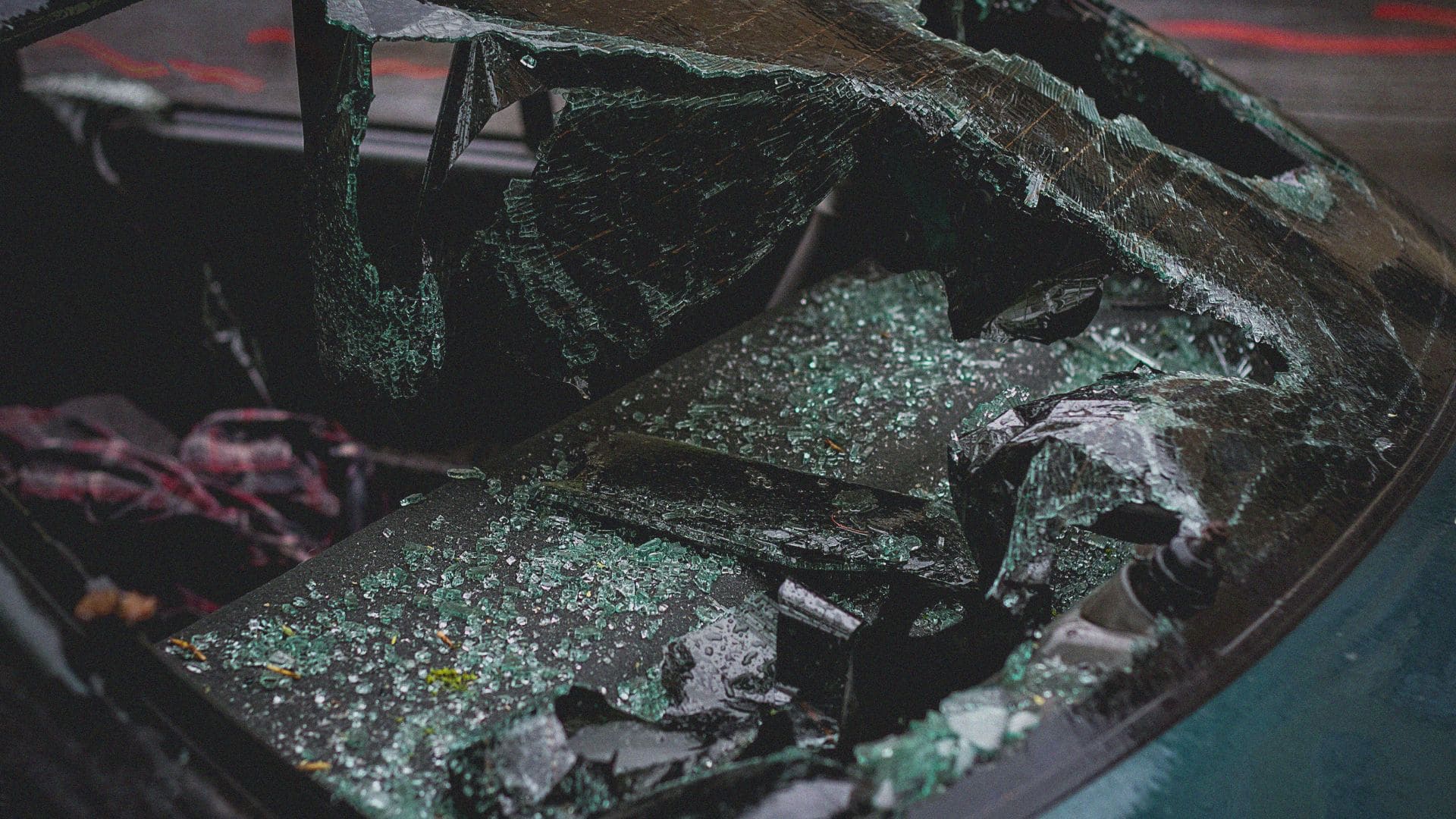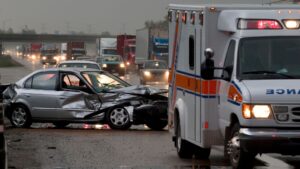
Getting into a car accident is difficult enough, but when your vehicle is declared a total loss, the process of recovery can become even more stressful. You may suddenly find yourself without reliable transportation, facing insurance paperwork, and wondering how much you’ll get to help you move forward.
You’re not alone if you’re trying to understand what happens after a car is totaled. Many Washington drivers face the same confusion after serious crashes. At Brett McCandlis Brown & Conner, we help people across the state navigate every part of the accident aftermath. Below, we break down what a “total loss” means, your rights under Washington law, and how to protect yourself during this process.
What Does It Mean When a Car Is “Totaled”?
A car is considered “totaled,” or a total loss, when repairing it would cost more than its worth, or nearly as much. This is a financial calculation, not necessarily a measure of how bad the car looks.
In Washington, insurance companies use a Total Loss Formula (TLF) to make this decision:
Repair cost + salvage value ≥ actual cash value (ACV) of the vehicle before the crash.
Let’s say your car was worth $10,000 before the accident. If the estimated repair cost is $8,000 and the salvage value is $3,000, the insurer would declare it a total loss because the combined amount ($11,000) exceeds the car’s value.
What Should I Do Right After the Crash?
Your decisions in the hours and days following an accident can impact your financial and legal outcome. Here are the key steps to take after a serious crash:
- Call 911 and report the accident. Emergency responders can assess injuries, secure the scene, and create an official police report.
- Seek medical attention immediately. Even if you feel okay, some injuries don’t immediately show symptoms. Medical records will also be necessary if you file a claim later.
- Take photos and gather evidence. Document vehicle damage, injuries, debris, road signs, and other relevant details. If there are witnesses, ask for their names and contact information.
- Notify your insurance provider. Let them know about the crash as soon as possible. Provide basic facts, but avoid speculating about who was at fault.
No matter how severe the damage, you have the right to a fair claims process, which starts with preserving as much evidence as possible.
What Happens If My Car Is Declared a Total Loss?
If the insurance company decides that your car is a total loss, they are legally required to take one of two actions under Washington law:
- Replace the vehicle with a comparable motor vehicle; or
- Offer a cash settlement based on a comparable vehicle’s actual cash value (ACV) minus any applicable deductible.
The ACV refers to how much your car was worth just before the accident, considering factors like:
- Make,
- Model,
- Year,
- Mileage,
- Condition, and
- Optional features.
If you choose the cash settlement, the insurance company must include the applicable sales tax on the replacement vehicle, as well as the license, title, and registration fees you’ll incur when buying a new vehicle.
What Happens If I Still Owe Money on My Auto Loan?
Many people are still paying off auto loans when they’re involved in an accident. If your car is totaled, it’s crucial to understand how that affects your financial responsibilities.
For example, if you owe $12,000 on your loan, but your car’s ACV is $9,000, the insurance company will pay the ACV (minus your deductible), typically to the lender first. But that still leaves you $3,000 short.
This situation is where gap insurance comes in.
Gap insurance covers the “gap” between what you owe on your car loan and the vehicle’s actual cash value. It’s often offered by dealerships and lenders or as an optional add-on to your auto insurance policy.
If you have gap coverage, your insurer may pay the difference, so you’re not stuck paying for a vehicle you no longer have. If you do not have gap insurance, you may be responsible for paying the remainder out of pocket.
Can I Keep My Totaled Car?
Yes, you can request to keep your vehicle even after it’s declared a total loss. Here’s how it works:
- The insurance company will still determine your vehicle’s actual cash value;
- They will subtract the salvage value of the vehicle from your payout; and
- You receive the remaining cash and keep the vehicle.
Your car will then be issued a salvage title. If you plan to repair and drive it again, Washington law requires that it pass an inspection before you can register it for use.
How Can an Attorney Help If Your Car Is a Total Loss After an Accident?
It helps to have a professional in your corner when you’re trying to understand what happens after a car is totaled. Insurance companies may offer less than what your vehicle is truly worth, or they may exclude required fees from the settlement.
A car accident attorney can help by:
- Reviewing your insurance policy and explaining what you’re entitled to;
- Challenging an undervalued payout, including missing tax or registration costs;
- Filing a claim for injuries you suffered in the crash; and
- Negotiating with adjusters on your behalf so you don’t feel pressured.
At Brett McCandlis Brown & Conner, we’ve helped Washington drivers recover from serious accidents. We know how to navigate the insurance process and fight for a fair outcome.
Let Us Help You Understand What Happens After a Total Loss
Dealing with a totaled car can feel like a second wave of chaos after a traumatic accident. The process can be confusing and slow.
At Brett McCandlis Brown & Conner, we’re here to help you deal with what happens after a total loss. Whether you’re dealing with a difficult insurer, unsure if your offer includes all required fees, or trying to recover from a severe injury, we can guide you through every step.
With over four decades of experience, our team has the tools and strength to help you rebuild. Contact us today for a free case evaluation.


